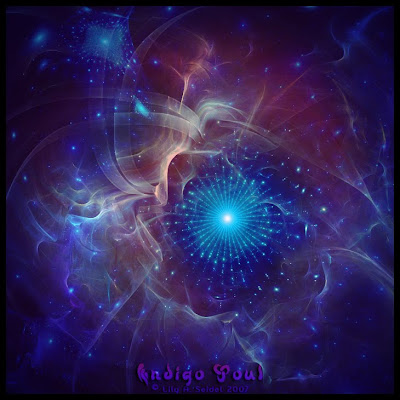Who was Aleister Crowley?
Aleister Crowley, born Edward Alexander Crowley on October 12th 1875, dead on December 1st 1947) was an occultist, Freemason, prolific writer, mystic, hedonist, and sexual revolutionary. Other interests and accomplishments were wide-ranging;he was a chess master, mountain climber, poet, painter]], astrologer, drug experimenter, and social critic. He is perhaps best known today for his occult writings, especially The Book of the Law, the central sacred text of Thelema. Crowley was also an influential member in several occult organizations, including the Hermetic Order of the Golden Dawn, the A∴A∴, and Ordo Templi Orientis. Crowley gained much notoriety during his lifetime, and was famously, although dubbed "The Wickedest Man In the World."
Science, magick, and sexuality
Crowley claimed to use a scientific method to study what people at the time called "spiritual" experiences, making "The Method of Science, the Aim of Religion" the catchphrase of his magazine The Equinox. By this he meant that mystical experiences should not be taken at face value, but critiqued and experimented with in order to arrive at their underlying religious or neurological meaning. In this he may be considered to foreshadow Dr. Timothy Leary, who at one point sought to apply the same method to psychedelic drug experiences. Yet like Leary's, Crowley's method has received little "scientific" attention outside the circle of Thelema's practitioners.
Crowley's magical and initiatory system has amongst its innermost reaches a set of teachings on sex "magick." He frequently expressed views about sex that were radical for his time, and published numerous poems and tracts combining pagan religious themes with sexual imagery both heterosexual and homosexual, as well as pederastic. One of his most notorious poetry collections, entitled White Stains (1898), was published in Amsterdam in 1898 and dealt specifically with sexually explicit subject matter. However, most of the hundred copies printed for the initial release were later seized and destroyed by British customs.
Sex Magick is the use of the sex act—or the energies, passions or arousal states it evokes—as a point upon which to focus the will or magical desire for effects in the non-sexual world. In this, Crowley was inspired by Paschal Beverly Randolph, an American Abolitionist, Spiritualist medium, and author of the mid-19th century, who wrote (in Eulis!, 1874) of using the "nuptive moment" (orgasm) as the time to make a "prayer" for events to occur.
Crowley often introduced new terminology for spiritual and magical practices and theory. For example, he termed theurgy high magick and thaumaturgy low magick. In The Book of the Law and The Vision and the Voice, the old Jewish magical formula 'Abracadabra' was changed to Abrahadabra, which he called the new formula of the Aeon. He also famously spelled magic in the archaic manner, as magick, to differentiate "the true science of the Magi from all its counterfeits." (Crowley, Magick, Book 4, p.47)
He urged his students to learn to control their own mental and behavioral habits, to the point of switching political views and personalities at will. For control of speech (symbolized as the unicorn): he recommended to choose a commonly-used word, letter, or pronouns and adjectives of the first person, and instructed them to cut themselves with a blade to serve as warning or reminder. Later the student could move on to the "Horse" of action and the "Ox" of thought. Liber III vel Jugorum. (These symbols derive from the cabala of Crowley's book 777.) Robert Anton Wilson records a similar course of self-experimentation, but says he used a less drastic form of what Skinner later (writing after Crowley) called "negative reinforcement"[...]I bit my thumb, hard, at each slip. Cosmic Trigger: The Final Secret of the Illuminati, p. 62



Comments
Post a Comment